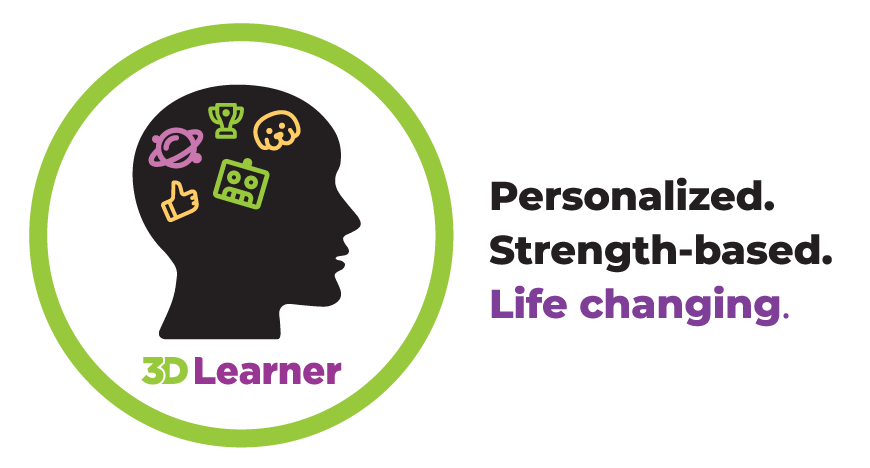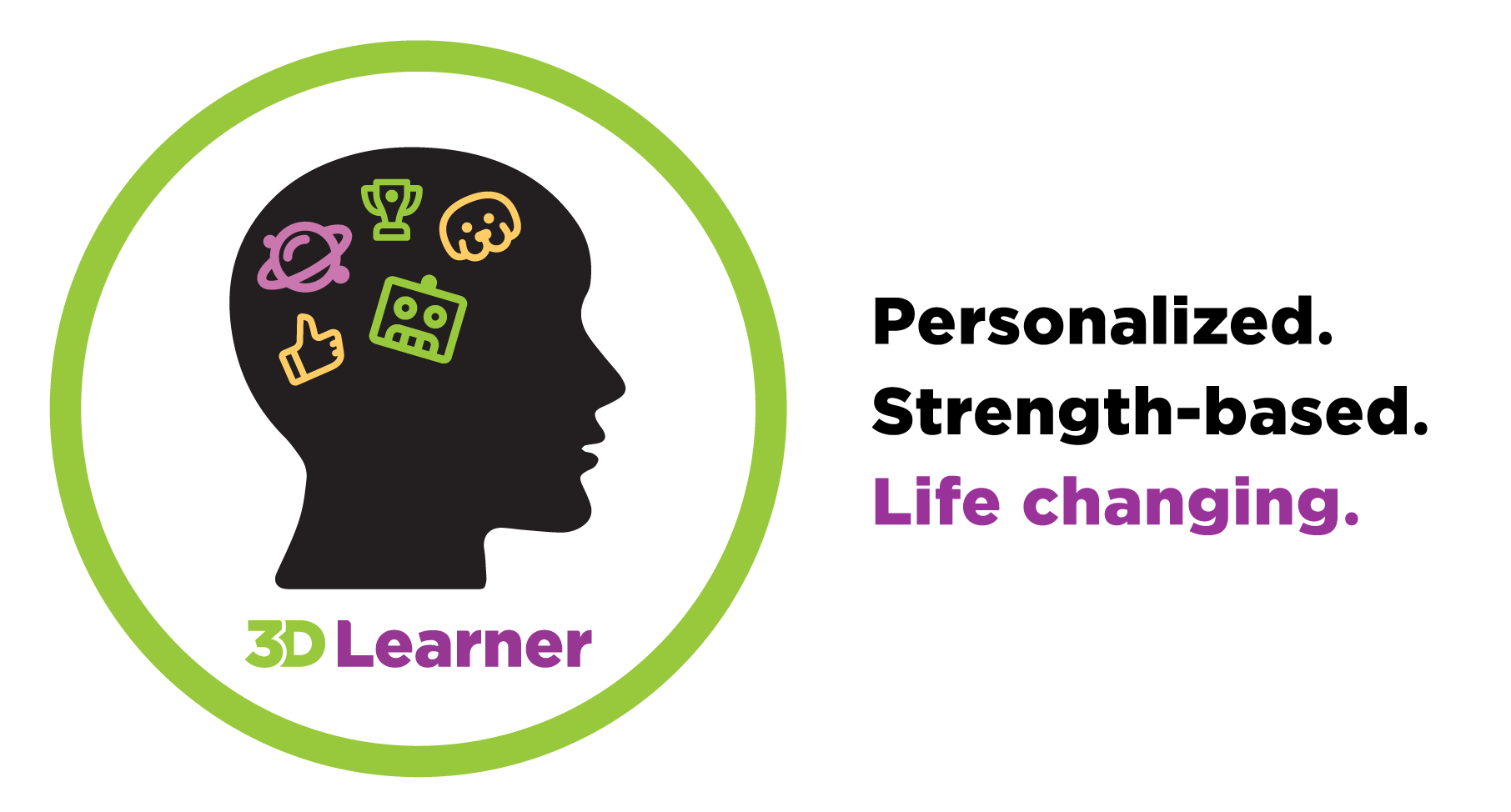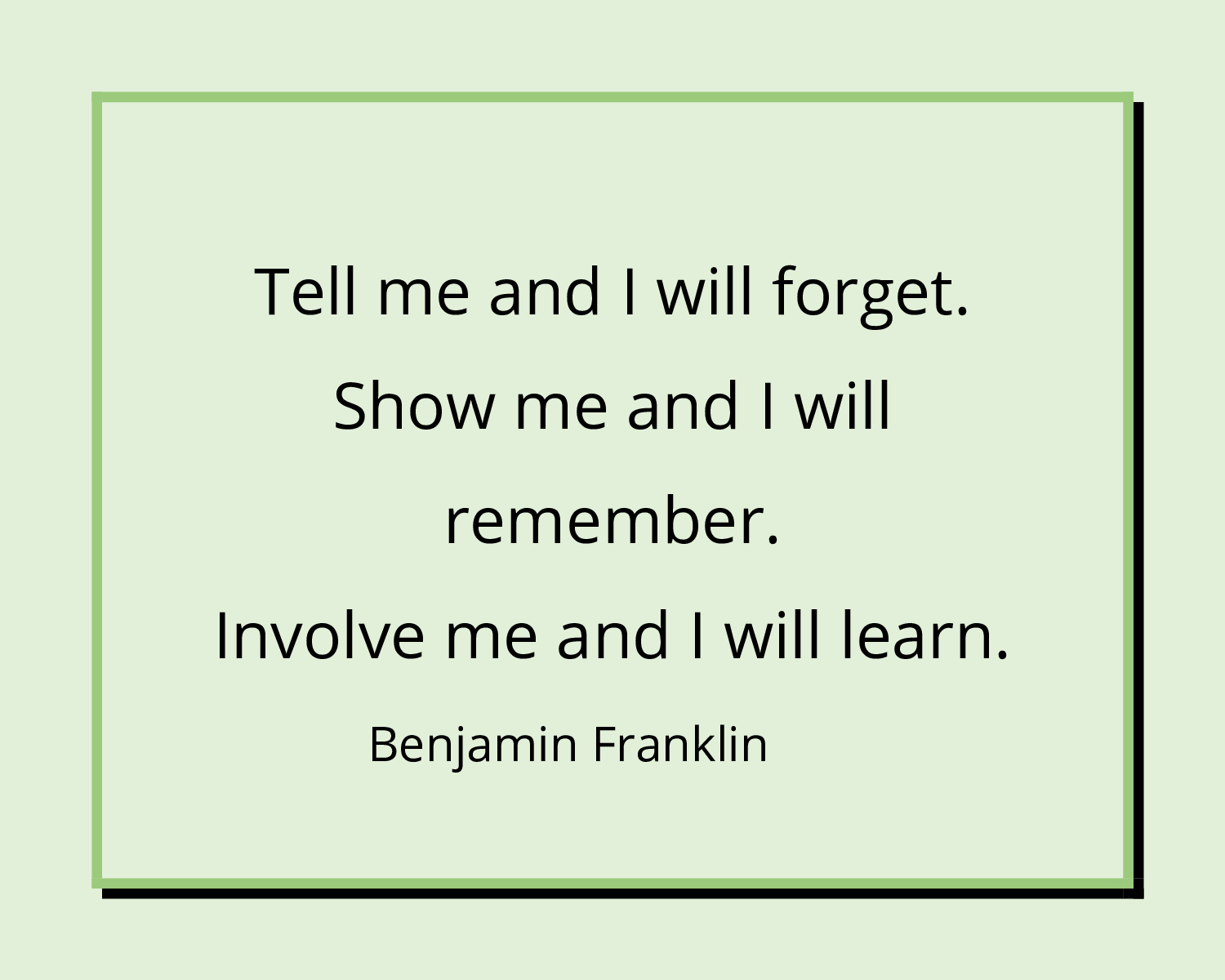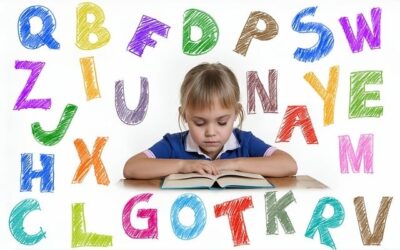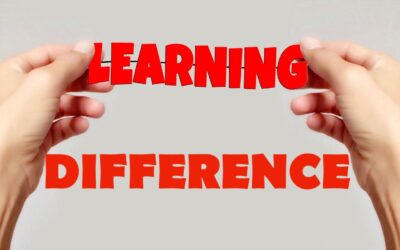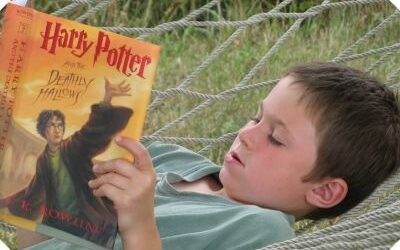Parenting a right brain kinesthetic learner can be rewarding and incredibly frustrating. We lived through years of frustration, before we realized our daughter was a right brain kinesthetic learner who could do far better with a hands-on and engaging learning process I developed. We have helped thousands of other right brain kinesthetic learners to be far more successful than even their parents thought possible. Our assessment process is designed to both identify your child’s learning style, their strengths and their challenges and their present level of performance – especially for reading fluency and reading comprehension. After our assessment, we then discuss with parents their child’s unique profile, and what we think is possible with a tailored program for your child.
We start with four key thoughts:
- Probably 75 to 85 percent of the smart struggling students are a right brain kinesthetic learner who can do far better when they are taught to their strengths
- Too often assessments focus on one area or the student’s challenges. We have found there is tremendous value in identifying the right brain kinesthetic learner and in identifying whether they have a visual processing issue, executive function issues and/or dyslexia. We also know that reading fluency is used as a barometer of reading skill. We believe it is critical to assess for both reading fluency and reading comprehension.
- Informed, empowered and proactive parents can and often do make the difference.
- Comprehensive assessment can help you understand your child’s strengths, challenges and how you can make the difference.
Note, the 3D Learner Assessment can be completed live in either our Coral Springs, Florida, or Durham, NC locations or via zoom.
If you would like to discuss your specific situation and whether your child might be a right brain kinesthetic learner, you can either:
– Call us at 561-361-7495 or click on
– Schedule a conversation to find a mutually agreeable time
Most of our students are bright right brain kinesthetic learners, who learn best when they see and experience information. These students often:
- Are a lot smarter than present results would indicate
- Benefit from special education and tutoring, which are both helpful, but rarely help the student to reach his or her full potential
- Have some combination of visual processing, auditory processing and/or executive function challenges
- Have dyslexia, but not always. About 33% of our students have dyslexia.
- Can make far greater progress within months if their parents invest in a program that:
- Leverages their strengths and engages them
- Identifies and addresses their challenges
- Has a clear understanding of the present level of performance on key items.
- Is tailored for their child. Every child is unique, and their learning style plays a crucial role in shaping their educational journey. Among the different learning styles, right brain kinesthetic learners stand out as individuals who absorb information best through hands-on experiences and visual aids. In this article, we’ll explore why it’s essential to assess the strengths and challenges of right brain kinesthetic learners, particularly concerning visual processing issues, executive function issues, and dyslexia. By understanding their learning profile, we can design a tailored program that nurtures their abilities for a successful learning experience.
Unraveling the Right Brain Kinesthetic Learner
The right brain kinesthetic learner is characterized by a preference for tactile experiences, physical movement, and visual learning. These learners thrive in an interactive environment, where they can touch, explore, and manipulate objects to understand concepts better. Identifying this learning style ASAP can significantly impact a child’s educational progress. Note, we did not get it right until 11th grade. It did help our daughter to improve her reading comprehension 4.2 grade levels in 7 months and improve her GPA from a 2.7 to a 4.4. Note, the earlier the better, but it is never too late.
The Power of Assessing Strengths
Assessing a right brain kinesthetic learner’s strengths is the first step toward unlocking their potential. You want to identify areas where the child excels. Whether it’s artistic abilities, strong spatial awareness, or exceptional hand-eye coordination, recognizing these strengths can pave the way for a personalized learning approach. The questions we ask and the Structure of Intellect Assessment ® we use helps us to identify how your child learns best. A Boca Raton Principal commented, “I really liked the Structure of Intellect Assessment; why did we stop using it?”. Her special education specialist said that the government requires us to label a child and the SOI Assessment does not label a child. The SOI helps to tailor a program to meet the child’s needs, which is why 3D Learner uses it.
Understanding Visual Processing Issues
Visual processing issues can affect a right brain kinesthetic learner’s ability to comprehend visual information efficiently. These learners may struggle with tasks that involve reading, interpreting diagrams, or following instructions with visual cues. Identifying and addressing visual processing challenges early can lead to targeted interventions and improved learning outcomes. We use a Visagraph to show how a student’s eyes track. Here is a video that shows a student’s tracking before and after our program. We find a significant visual processing issue in close to 70 percent of our students.
Navigating Executive Function Issues
Executive function issues can pose additional obstacles for right brain kinesthetic learners. These cognitive processes are responsible for organization, time management, and impulse control. When executive functions are weak, students may face difficulties in planning, initiating tasks, and staying focused. Implementing strategies to bolster executive functions can support the learner in managing academic responsibilities effectively. Note, we use the Mindprint Assessment ® developed by the University of Pennsylvania to assess Executive Function Skills for students reading at the 2nd grade level or higher. We also use the Interactive Metronome ® to assess for attention. This is an excellent tool to show an attention issue, and it is very effective at improving attention.
The Impact of Dyslexia
Dyslexia is a learning disability that affects reading and language processing. For right brain kinesthetic learners with dyslexia, traditional reading approaches may not yield the desired results. Recognizing the presence of dyslexia is vital for providing appropriate accommodations, such as alternative reading methods, assistive technologies, and specialized tutoring. We use the CORE Assessment, which is part of the University of Florida’s UFLI Program ® we are certified to provide.
Designing a Program for Success
By acknowledging the strengths, visual processing issues, executive function issues, and dyslexia in a right brain kinesthetic learner, parents and educators can design a comprehensive program tailored to their specific needs. Here are some strategies to consider:
- Incorporate hands-on activities and visual aids into lessons to enhance learning engagement.
- Use technology and interactive learning tools to support comprehension and retention.
- Provide a structured and organized learning environment to address executive function challenges.
- Seek support from educators, specialists, and support groups to develop targeted interventions for dyslexia.
The Value of Assessing for Success
Recognizing and understanding the learning style of a right brain kinesthetic learner is crucial for their educational success. By assessing their strengths, visual processing issues, executive function issues, and dyslexia, parents and our team can create a personalized program that nurtures their unique abilities and helps overcome challenges. Through a tailored approach, we can empower your child to thrive academically and develop a lifelong love for learning.
Note, the 3D Learner Assessment can be done live in either our Coral Springs, Florida, or Durham, NC locations or done via zoom.
If you would like to discuss your specific situation and whether your child might be a right brain kinesthetic learner, you can either:
– Call us at 561-361-7495 or click on
– Schedule a conversation to find a mutually agreeable time
